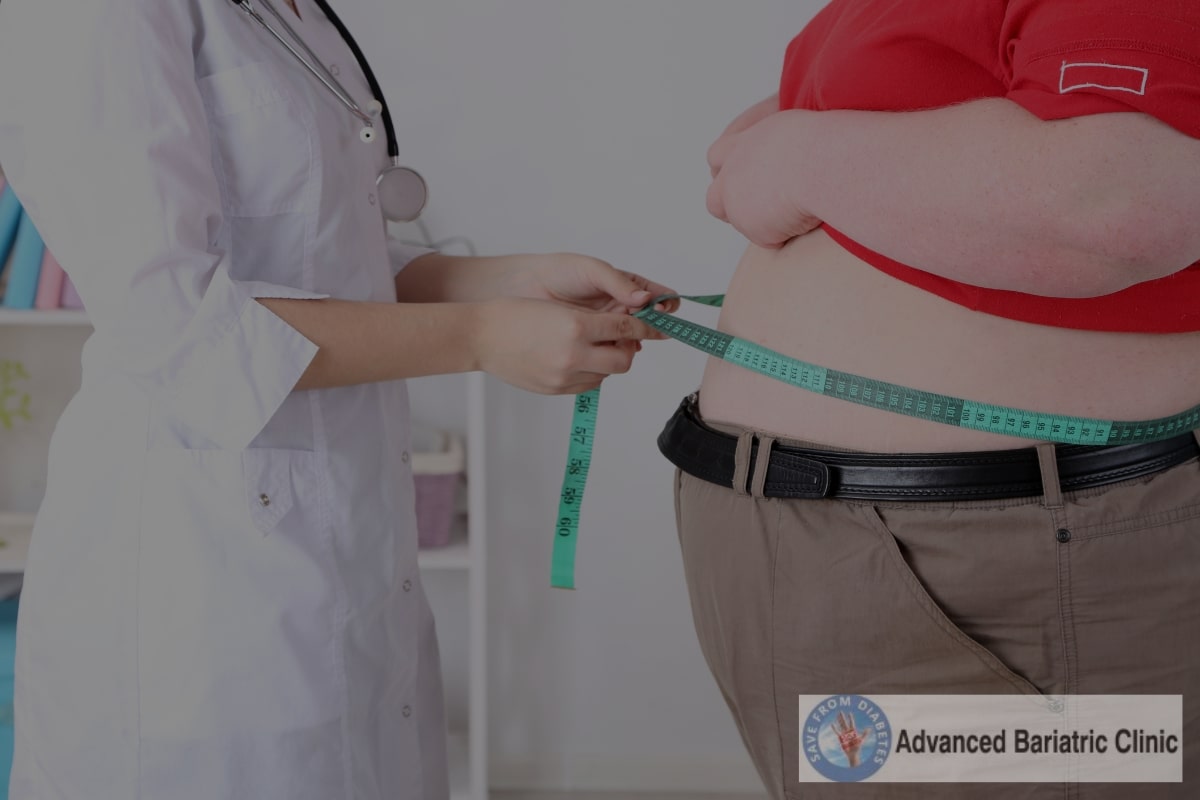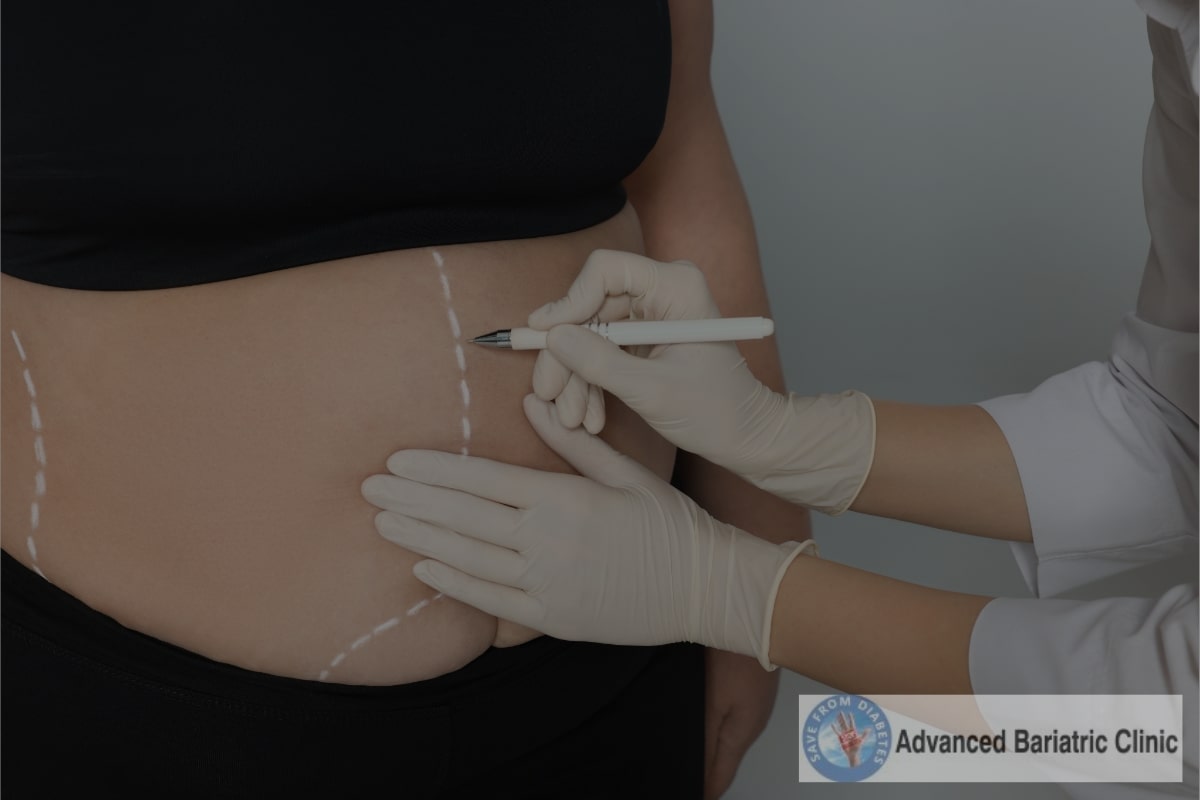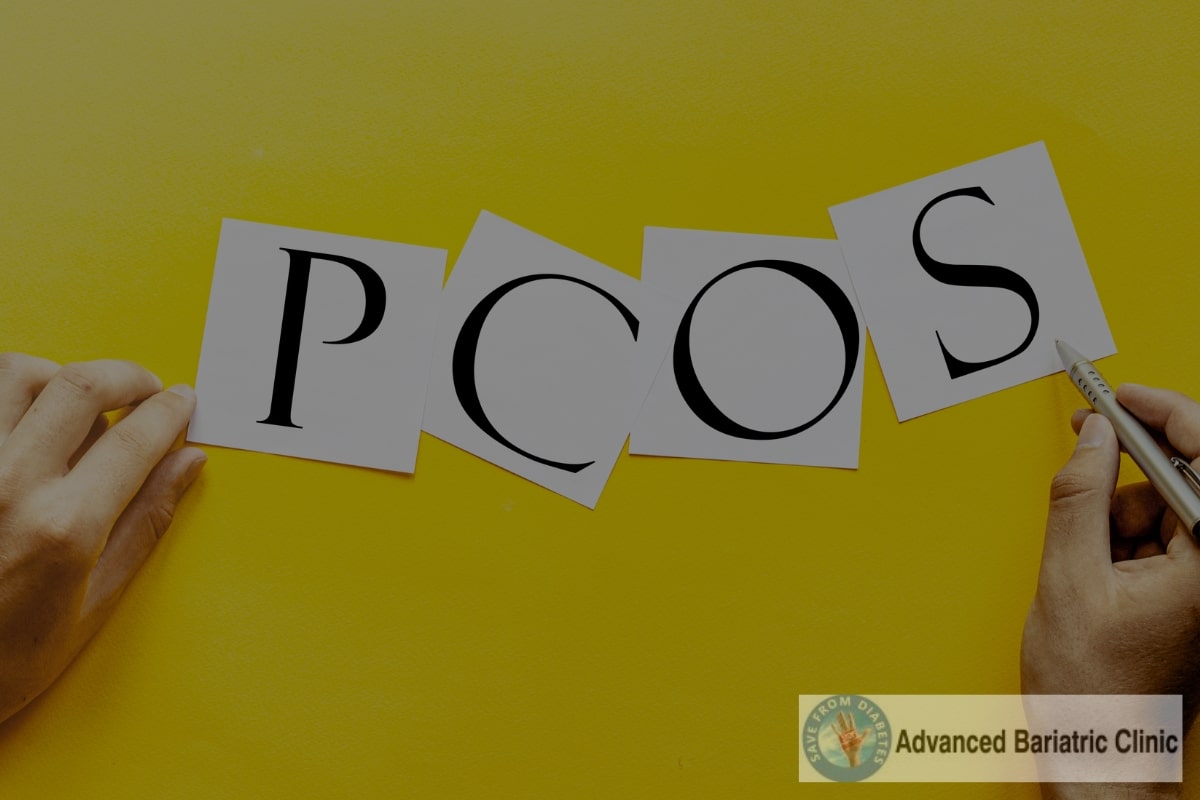Obesity and its paradox discussion in various case studies

Over the past ten years, numerous research has suggested that adults over 50 who are slightly overweight have lower death rates. This seems illogical to the majority of us in the healthcare community and the general public.
Let’s look at some of the proof. Numerous studies, primarily meta-analyses, have suggested an unfavorable relationship between body weight and health. Overweight people with a BMI between 25 and 30 showed a 13% reduction in all causes of death and a 12% reduction in cardiovascular death in 40 cohort studies with just over 250,000 participants. Normal-weight people (BMI 20 to 25) and Grade 1 obese people both had the same death rates (BMI 30 to 35). However, after the BMI exceeded 35 in this trial, the chance of death increased by 88%.
When compared to those of normal weight and those with Grade 1 obesity, deaths among overweight adults were 6% lower, according to a very large meta-analysis of 2.9 million participants from 97 trials.
The advantages are much more obvious in hypertension individuals, who have a 23% decrease in death, heart attack, and stroke compared to overweight patients, and a remarkable 32% reduction in Grade 1 obesity and a 24% reduction in higher grades of obesity.
An additional Indian study that followed patients for seven years found that individuals with a BMI between 27.5 and 30 had a 41% lower death rate.
The majority of people who want to reduce weight are utterly unsuccessful, despite the fact that doctors constantly advise their patients to do so. Although I firmly believe that it is crucial for us to maintain healthy weights, it appears that a healthy weight before the age of 50 and over the age of 50 differs significantly.
It is much harder to keep the fat down once your hormones start acting up, whether you’re a man or a woman, as anyone over the age of 50 reading this post will fully understand. This is especially true for your belly fat. The statistics may have been distorted by the earlier deaths of obese patients with significant abdominal obesity and visceral fat as opposed to those with less dangerous lower body obesity. Interestingly, the average rise in visceral fat is 52% in the age range 35 to 45, compared to 7% for those between 55 and 65 and 11% for those above 65.
Do any of these arguments adequately explain this “obesity paradox”? What we refer to as reverse causality is the first and most obvious answer. It is a known truth that sicker individuals typically lose more weight than those with milder illnesses. Thus, weight reduction that results from a more serious condition rather than obesity is what is safeguarding people. Second, persons with existing illnesses including type II diabetes, cancer, osteoporosis, and cardiovascular disease who are underweight typically have a larger hereditary vulnerability to the condition. Could it be that a sickness that is more genetically based impacts the body more severely than a condition that is related to a particular lifestyle
Another explanation is that although smokers typically have more serious ailments, they also tend to be thinner than non-smokers.
This is a chronic inflammatory state that is connected to protein energy loss in the specific situation of chronic kidney disease. In this situation, there is a paradoxical link between established risk factors and cardiovascular illness, and weight reduction may be a sign of a more serious condition.
Additionally, waist size is a better indicator of abdominal fat than BMI, and it’s possible that people with higher BMIs have more muscle mass, which is perceived as being protective. There is also the possibility of being overweight but fit, which may result in enhanced cardiovascular and muscular strength.
I firmly believe that everyone should make an effort to maintain a healthy weight, but after the age of 50, you should strive for a BMI between 25 and 30, with a waist circumference of 90 to 95 for men and 75 to 80 for women. I recommend to all of my patients over the age of 50 to concentrate more on healthy eating, which is essential to eat less and more organically, and to maintain 3 to 5 hours of challenging activity each week, with two-thirds cardio and a third resistance training. Rather than worrying constantly about your weight, do this instead.
Recent Posts
-
 Caring for Young Warriors: Managing Diabetes in Children and Adolescents in Hyderabad
Caring for Young Warriors: Managing Diabetes in Children and Adolescents in Hyderabad -
 Demystifying Diabetes in Hyderabad: Prevalence, Causes, and Preventive Measures
Demystifying Diabetes in Hyderabad: Prevalence, Causes, and Preventive Measures -
 Balancing Tradition and Health: Traditional Hyderabadi Foods for Diabetes Managemen
Balancing Tradition and Health: Traditional Hyderabadi Foods for Diabetes Managemen -
 Navigating Diabetes in Hyderabad's Climate: Tips for Effective Management
Navigating Diabetes in Hyderabad's Climate: Tips for Effective Management -
 Why Advanced Bariatric Clinic is the Best Diabetologist in Hyderabad
Why Advanced Bariatric Clinic is the Best Diabetologist in Hyderabad




